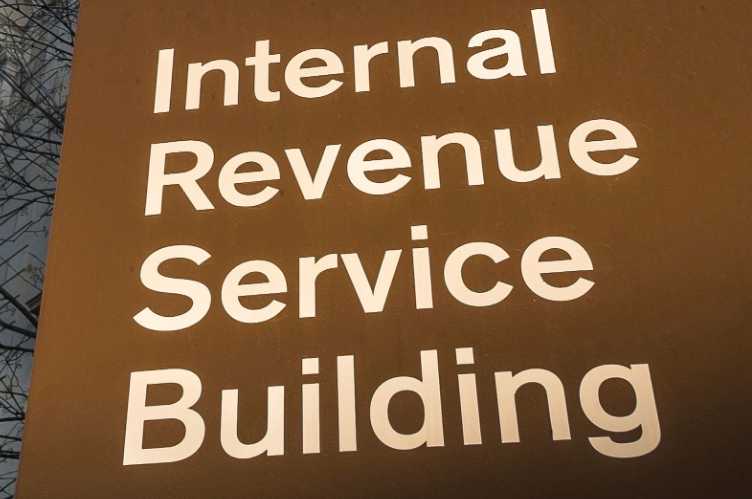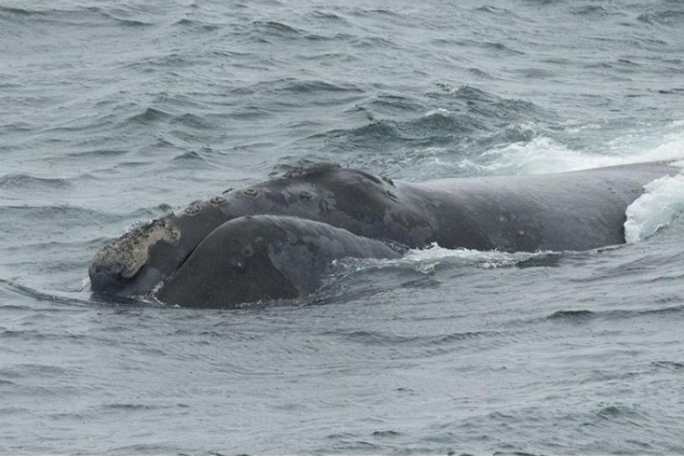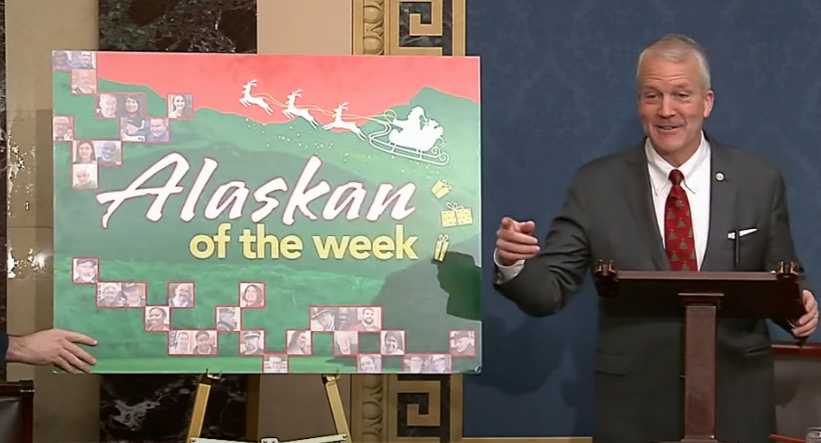 (Anchorage, AK) – Con artists don’t necessarily need technology to try to dupe consumers. Well before texts and email, there was “snail mail,” and scammers continue to churn out deceptive mail pieces.
(Anchorage, AK) – Con artists don’t necessarily need technology to try to dupe consumers. Well before texts and email, there was “snail mail,” and scammers continue to churn out deceptive mail pieces.
As consumer protection advocates observe National Consumer Protection Week, Alaska Attorney General Treg Taylor today warned consumers about the potential for mail scams.
Deceitful direct mail pieces may appear at first glance to be from a government entity or a familiar business. It may take careful inspection to find out that specific junk mail is actually from another business entirely, peddling products that are either fraudulent or unnecessary.
“Consumers should trust their instincts when it comes to direct mail, and if you think a mailer may be a scam, it probably is,” Attorney General Taylor said. “Legitimate businesses and government agencies won’t make it a challenge to find out that mail is coming from them.”
Impersonation scams are the most common form of direct mail fraud. One example could be an “extended auto warranty” mailer that appears to be from a consumer’s vehicle manufacturer or car dealer. Another might be a warning from a “county deed office” – a definite red flag in Alaska, where there are no counties.
Attorney General Taylor and other state AGs recently asked the Federal Trade Commission to adopt tougher regulations to fight impersonation scams.
Here are some ways to help consumers potentially identify deceptive mail pieces:
- Any mailer emblazoned with the words “Final Notice” when a consumer has not received any initial notice is likely a scam.
- When it’s legitimate, It’s easy to identify the origin of the mail piece and the intent of the solicitation. Consumers should be skeptical of a mailer they have to study to determine its origin.
- Be cautious of mailers that ask to “confirm” personal information or claim a consumer has been specifically selected for a prize or award.
- Avoid responding to direct mail which asks for payments in forms other than credit card, such as cash, gift card or wire transfer.
For more information about consumer issues and scams, visit the Alaska Department of Law website.
# # #[content id=”79272″]






